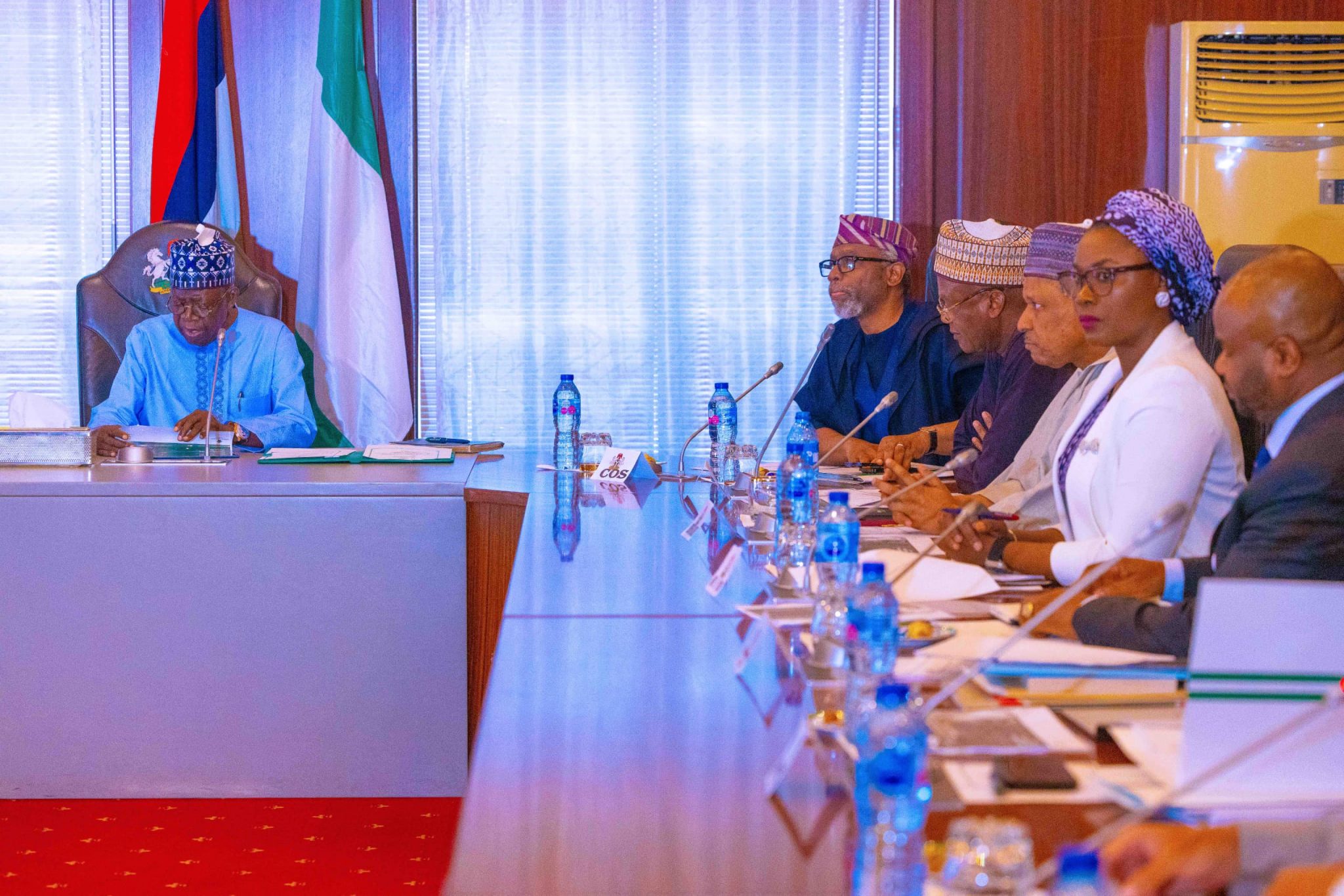Northern Governors And Senators Divided Over Tinubu’s Proposed Tax Reforms.
President Bola Ahmed Tinubu’s proposed tax reforms have stirred division within Nigeria’s political landscape, particularly among northern state governors and members of the National Assembly. While some leaders support the reforms, a faction led by governors from the North-West and North-East regions is reportedly working to halt their implementation.
According to sources, the opposition bloc includes seven governors from the North-West, six from the North-East, and two from the North-Central region. This coalition of governors is rallying National Assembly members to resist the reforms, with traditional and religious leaders also reportedly involved in attempts to influence key presiding officers from the North-West to block the bills. Although these officers have yet to signal whether they will align with the dissenting governors, political pressure is mounting.
The movement against the bills is spearheaded in the Senate by former Senate Leader Mohammed Ali Ndume, who has been vocal in his criticism, labelling the tax proposals as “dead on arrival.” Ndume argues that the tax increases would impose undue financial pressure on Nigerians, particularly in the north, where economic hardships are already prevalent. He emphasised, “With a shrinking middle class and declining living standards, additional taxes are unthinkable. We need to first improve the economy so that citizens have disposable income; only then can we discuss new taxes.”
Despite this growing resistance, reports indicate that four northern governors—three from the All Progressives Congress (APC) and one from the opposition Peoples Democratic Party (PDP)—are in favour of Tinubu’s reforms. These leaders believe that the proposed changes could streamline Nigeria’s tax administration, reduce redundant taxes, and ultimately strengthen the national economy.
President Tinubu has maintained his commitment to the reform package but has expressed openness to legislative feedback, signalling a willingness to amend the bills if necessary. His tax reform package includes significant legislative measures aimed at revamping tax processes nationwide. Key bills include the Nigeria Tax Bill, intended to consolidate taxes and reduce redundancies; the Nigeria Tax Administration Bill, which aims to standardise tax processes; the Nigeria Revenue Service (Establishment) Bill, proposing a rebrand of the Federal Inland Revenue Service (FIRS); and the Joint Revenue Board Establishment Bill, designed to unify tax management.
While Tinubu’s tax reforms have faced both criticism and support, the unfolding debate underscores the complexities of balancing fiscal policy with economic realities, as well as the political dynamics at play within Nigeria’s governance. The outcome of this legislative contest will be crucial in shaping the country’s economic future.



